#mental health
Text

#memes#meme#anxietymemes#mental health#relatable#humor#anxietyawareness#mentalhealthawareness#anxietyproblem#dank
838 notes
·
View notes
Text

839 notes
·
View notes
Text


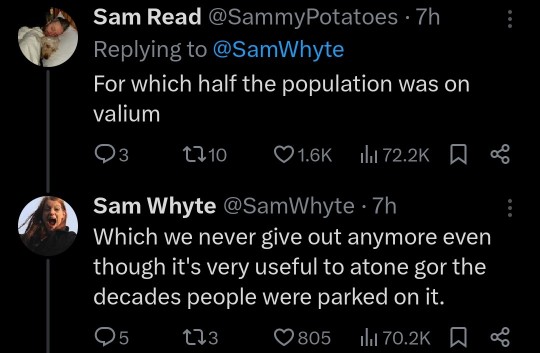
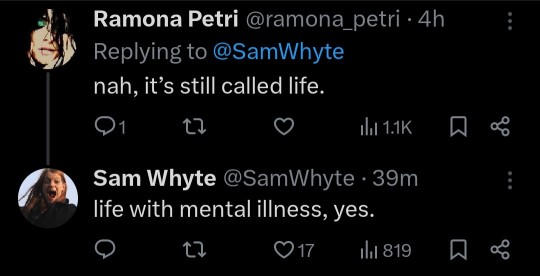
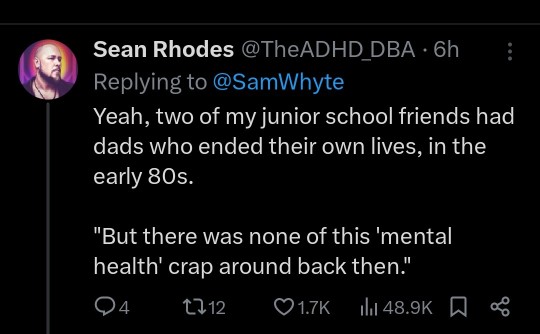
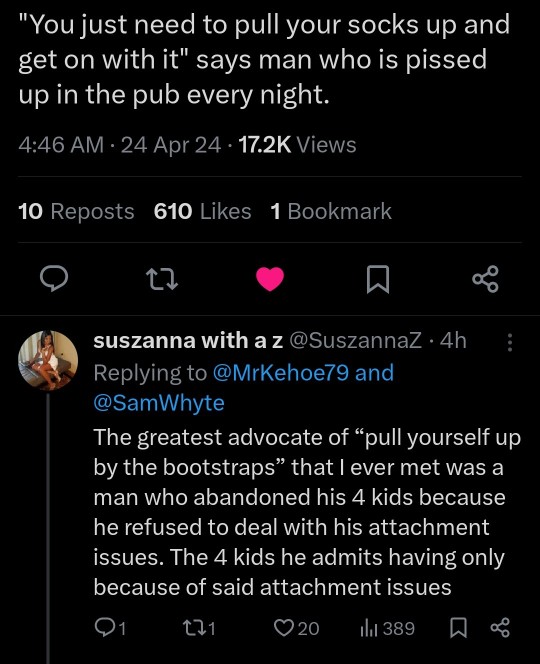


573 notes
·
View notes
Text
if something brings you happiness, it isn’t a waste of time

#self care reminder#self love#self care#manifesting#it girl#pinkcore#affirmations#positivity#mental health#healing#recovery#just girly things#positive thoughts#lovecore#girlblogger#coquette#dollette#girlblogging#dollcore#angelcore#pink aesthetic#positive quotes#self improvement#this is what makes us girls#law of assumption#girly stuff#girlblog#law of attraction#self help
277 notes
·
View notes
Text
Reason to Live #10552
Because I want to, or at least I want to learn to want to again. And I need to live to learn how to live again. – Guest Submission
(Please don't add negative comments to these posts.)
48 notes
·
View notes
Text
you just need to start. start that movement. start that friendship. start to create. start with what you love. start with what you need. start that routine. start that assignment. start that message. start that study. start with yourself. start now. and i promise everything else you want will start organically like magic.

#self improvement#self care#self love#positivity#positive thoughts#mental health#healing#healing journey#that girl#it girl#wonyoungism#studyblr#positive mental attitude#just girly thoughts#pink pilates princess#green juice girl#dream girl#glow growth girlboss#glow up#level up#self awareness#self growth#self respect#becoming that girl#positive thinking#be kind to yourself
119 notes
·
View notes
Text
always remember that they made the choice to see what life was like without you. always remember that even if they might have “loved” you, their idea of love wasn’t enough for them to consider your feelings.
people leave our life and leave words unsaid with such cowardice that we shouldn’t even want to rekindle such a futile fire. it will only give you warmth for a little while… and then the spark is gone.
if they’re not going to work on making you feel warmth and feel held the same way you do for them, then there’s nothing to talk about.
and trust me, you don’t need to figure out a “get back”. stop trying to be seen and heard by someone who played themselves by playing you. one day, the universe will deal them a nasty hand as a lesson. let God’s vengeance and plan outweigh your ego.
#you never win when you play dirty#this goes for friendships as well#thoughts#confidence#mental health#words#recovery
58 notes
·
View notes
Text
Every day is another chance to seek love and joy! Know that if you didn't find it today you still can tomorrow, and there will always be another tomorrow.
#des posts#suggestions#suggestion blog#desultory suggestions#positive suggestions#mental health suggestions#recovery suggestions#depression#anxiety#mental health#mental wellness#self care#healing#wellness#ed recovery#eating disorder#eating disorder recovery#bulimia#anorexia#bed#binge eating disorder#ed wellness#ed things
45 notes
·
View notes
Text
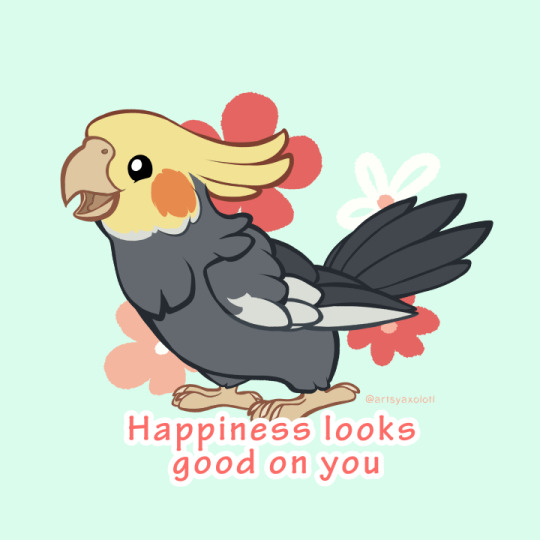
Positive Pal: Happiness looks good on you! ✨
57 notes
·
View notes
Text
Everyone wants something real until they meet someone whose real standards challenge them to be real consistent, real considerate and real committed.
#spilled thoughts#facts#words#inspiring words#quotes#life quotes#thoughts#just girly thoughts#girlblogging#girl interrupted#girlhood#just girly things#consistency#relationship#self love#mental health#self care#writers on tumblr#spilled ink#shower thinking#tumblr girls#high standards#bare minimum#emo girl#toxic people#toxic love#self improvement#femme fatale#dark feminine aesthetic#toxic relationship
23 notes
·
View notes
Text
Reason to Live #10550
Cats need someone to knead! – Guest Submission
(Please don't add negative comments to these posts.)
65 notes
·
View notes
Text
McClure pointed out that even if adults with ADHD seem to be excelling, they are the ones who actually struggle the most.
“ADHD girls are at such high risk of behavior like perfectionism, silencing themselves, and masking behaviors in order to fit in and succeed in this neurotypical world with relentless demands and expectations of them to feel like they belong,” she said.
Perfectionism is one way that women with anxiety and ADHD attempt to control their environment since they feel so out of control most of the time.
#well this article came for my throat#adhd#actually adhd#women with adhd#mental health#neurodivergent#neurodiversity
35 notes
·
View notes
Text
Everything you seek, want, desire and even need is right there. Don’t lose what’s right in front of you…
#leap
#histhoughtslately#htl#life quotes#life path#you#writing#spilled thoughts#spilled ink#love#mental health#lit#literature#self care#inspirational quotes#motivational quotes#listen#comfort zone
23 notes
·
View notes
Text
If you read "loudly" "noticeably" or "visibly" mentally ill and assume that equals being a problem for other people...
Then you're part of the problem
Unless you're mentally ill and struggling to get treatment you don't realise how much support is determined by how much you are a problem for other people
I have hallucinations and delusions but because they don't cause problems for other people I get told they aren't a problem and get no support from mental health services for it
Doesn't matter that it's scaring or upsetting me or causing me to hurt myself as long as I'm not making a problem for other people
Our treatment is not about us it's about making us more palatable for others and that means us being noticeably mentally ill even if we are no risk to anyone else or causing any harm in anyway is considered "bad"
And I'm fucking sick of it
I show distress in public and have a panic attack or meltdown and cause a scene - that's a problem even though I'm not hurting anyone and am just communicating my distress. Because it's bothering others
But quietly think I'm chosen by god to suffer for humanity which causes me to not talk about my pain and be secretive about any harm I cause to myself because telling people is a sin? - that's not a "real" delusion or problem because I didn't upset anyone else during my episode because I didn't tell them those thoughts during it. Even though it's causing me real harm and I want help to stop it from happening again
Do you see how fucked up that is?
39 notes
·
View notes
Text
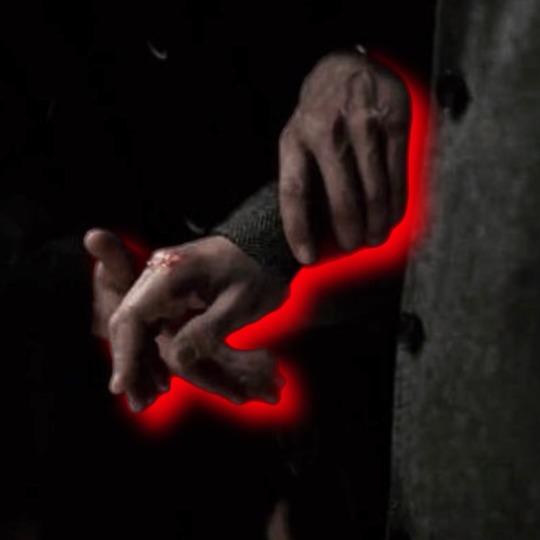
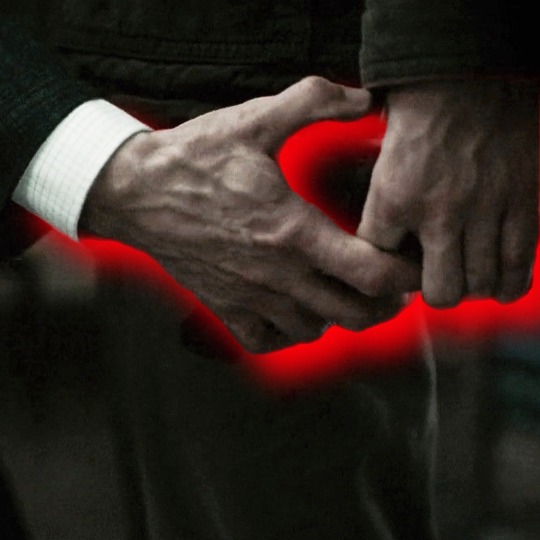
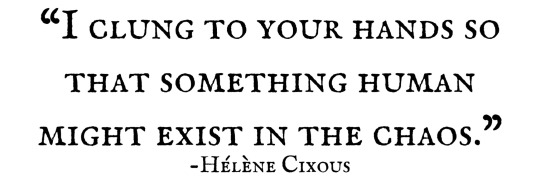
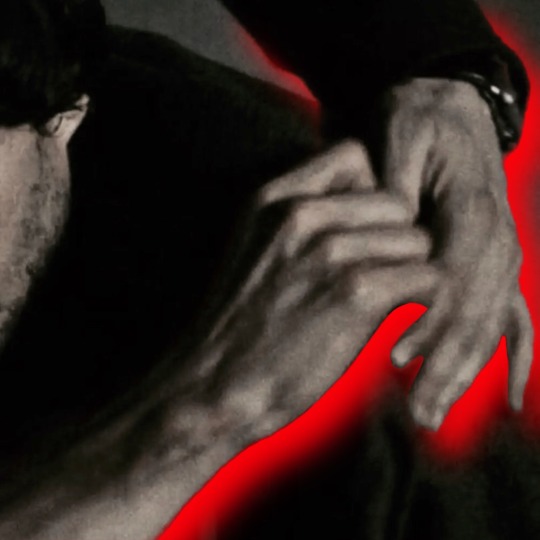
Conjoined
#Hannibal Lecter is my soulmate#I love Hannibal Lecter#Hannibal#Hannibal Lecter#NBC Hannibal#Hannigram#Will Graham#Mads Mikkelsen#Hugh Dancy#murder husbands#Hannibal art#Hannibal fanart#art#fanart#aesthetic#quotes#love#soulmates#heartbreak#helene cixous#poetry#autism#autistic#neurodivergent#lgbtq#lgbtqia#mental health#BPD#borderline personality disorder#incorrect hannibal quotes
43 notes
·
View notes
Text

#no shame#no guilt#self improvement#perfectionism#self compassion#self compassion and accountability can and must coexist#healing#recovery#fuck diet culture#mindfulness#mental health#self care#self care is not selfish#rest#give yourself permission to rest#letting go#detachment#give yourself permission#self forgiveness#making mistakes#self respect#self love#you are enough#you are worthy
19 notes
·
View notes